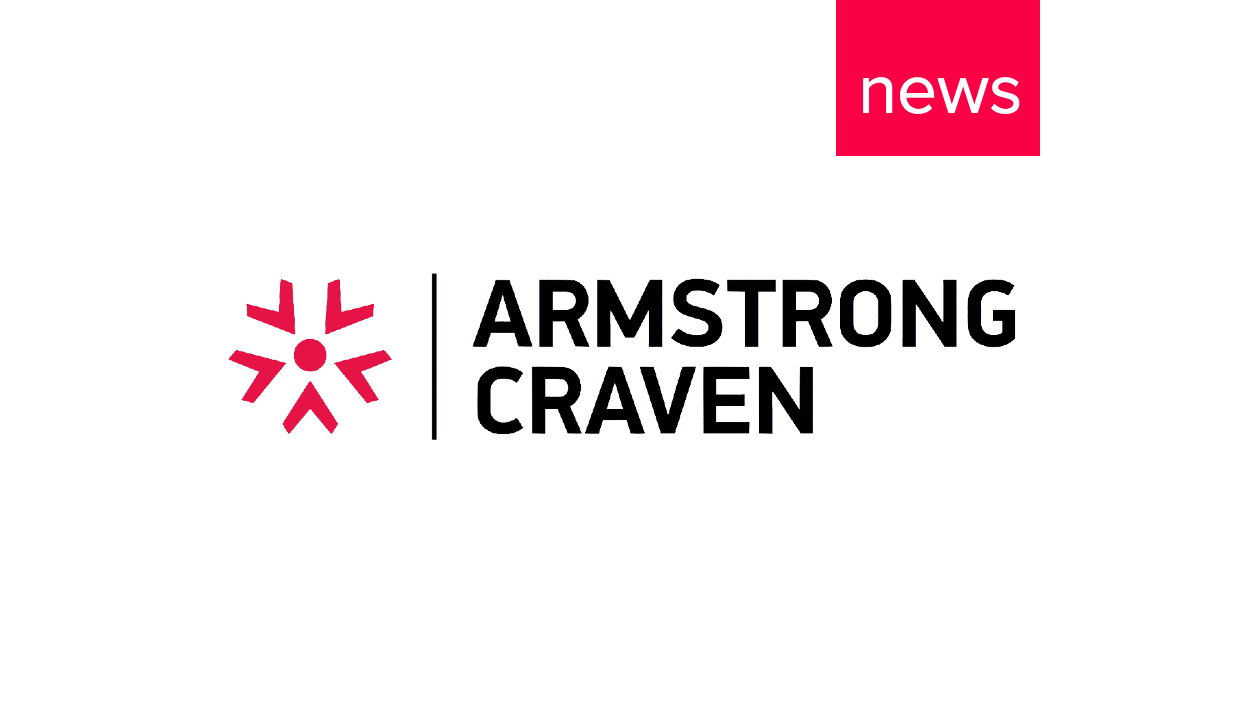Expat v Local – Achieving the Right Balance
10 Mar, 20173 min
One of the topics discussed at business events I attend concerns the importance of striking the right balance between expat and local talent.
In recent times, it has become more problematic attracting professional expats into Singapore and the wider APAC region.
This is partly due to various government-led initiatives that put local talent first, alongside cost cutting by companies with so called Local Plus and Local packages becoming the norm.
The challenge for multinationals (MNCs) in the region is in building strong teams which comprise the best of both local and expat talent. Many MNCs continue to take the view that they should have a healthy share of expats in their local executive teams, partly to encourage diversity of thinking, but also because expats have greater experience in a number of key leadership functions.
Singapore, in particular, continues to be a strong magnet for foreign talent especially in functions such as risk, compliance, tech, digital, e-commerce and analytics across consumer and industrial, technology, healthcare and life sciences and financial services.
There are many reasons why MNCs believe so passionately about the need to harness the best of local and expat talent within their organisations.
In some cases, it is simply the case that due to the way certain functional roles have evolved in Asia Pacific, the relevant local expertise is not yet available.
Bringing in experienced expats to fill these gaps in the organisational chart should serve two purposes. Firstly, it allows the organisation to know it has a good person in the role with immediate effect but, secondly, it presents an opportunity for the expat to pass on skills and knowledge to locals.
Companies that recognise this dual role among their expat community will go a long way towards strengthening their local Asian leadership pipeline. Much of the upskilling is in core areas of business analysis, decision-making, problem solving, strategic thinking and people development. Expats also help to foster a dynamic corporate culture and embed international standards of communication.
We are not talking about companies imposing Western ways on their Eastern counterparts. Rather, the companies that succeed the most in getting the combination of expat and local right are the ones which ensure foreign talent immerses itself in the local culture and way of life. It is not good enough for expats to simply have the technical skills; they must also live and breathe the country and culture to which they are assigned.
By building the best possible talent pipelines comprising local and expat talent, MNCs are ensuring they are fully attuned to the increasingly international business landscape and best able to meet the challenges and opportunities they face by accessing a truly global talent exchange.
Much of the work of Armstrong Craven in APAC involves mapping and pipelining the best of local and expat talent and helping businesses to create the best blend within their organisations.
- Armstrong Craven is a global talent mapping and pipelining specialist with offices in the UK and Singapore.
- www.armstrongcraven.com
Speak with an expert
If you want to learn a little more about what we do and how talent research can help you make better-informed business decisions, our team of talent research and consulting specialists are happy to help.






